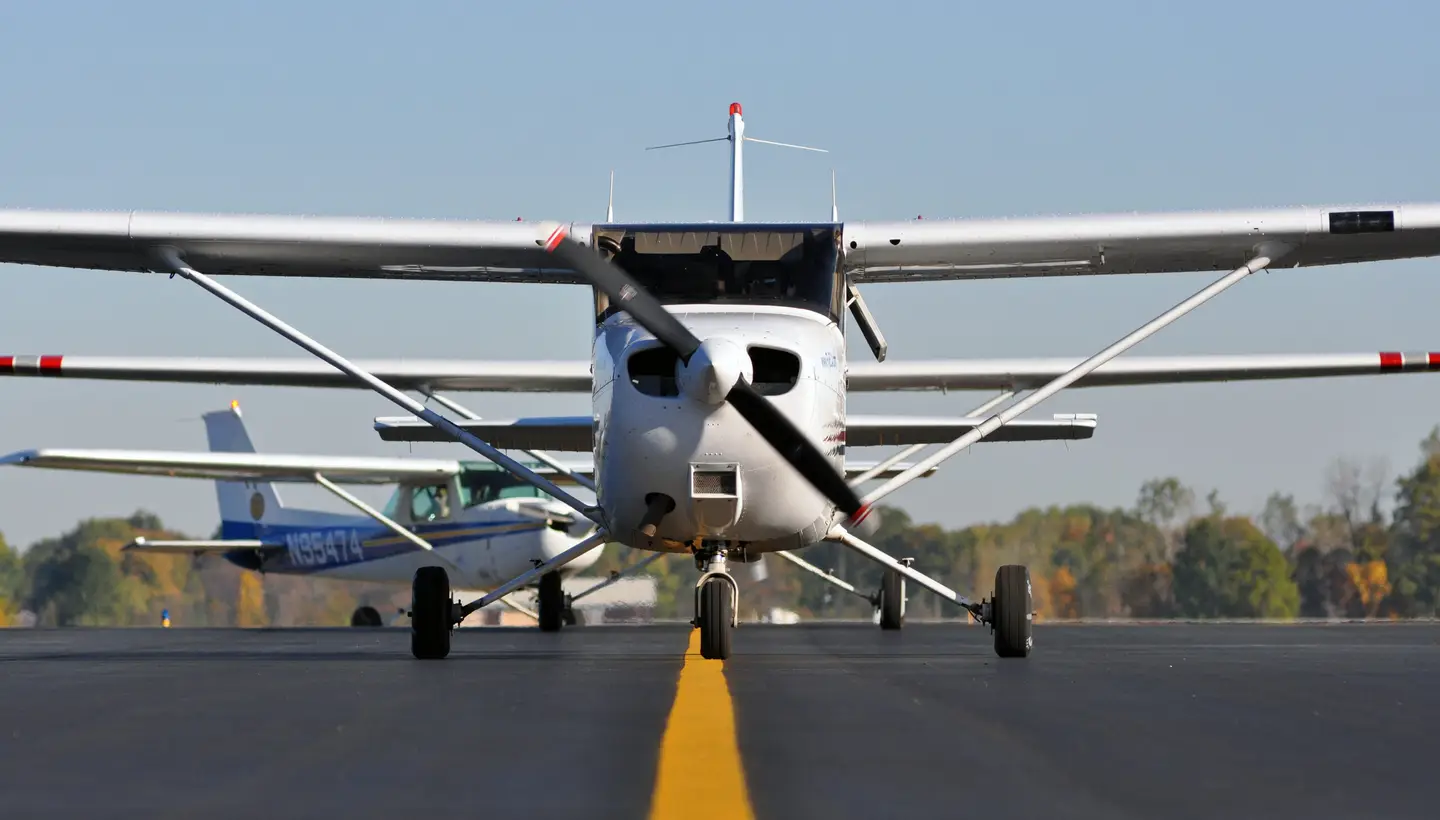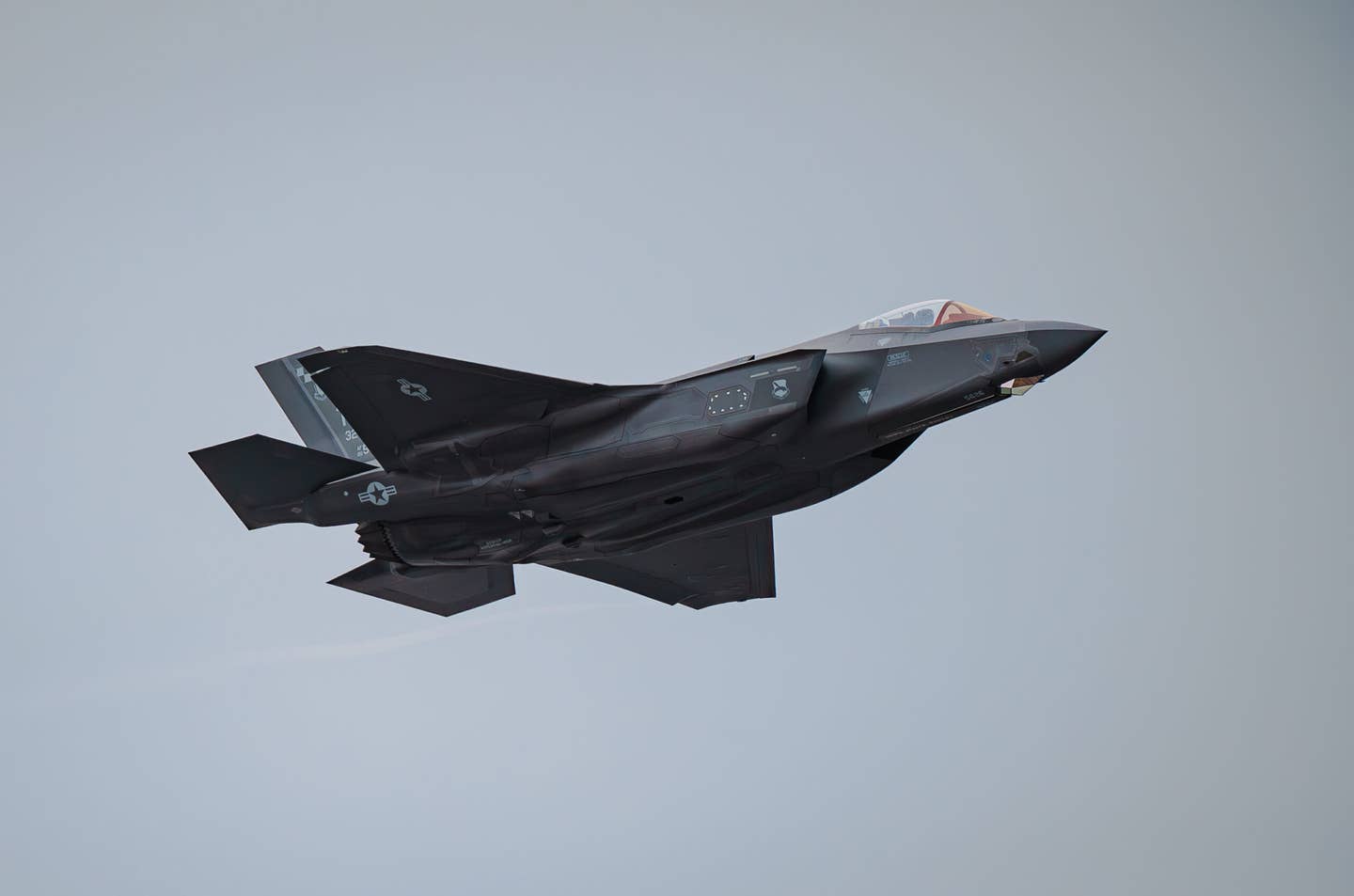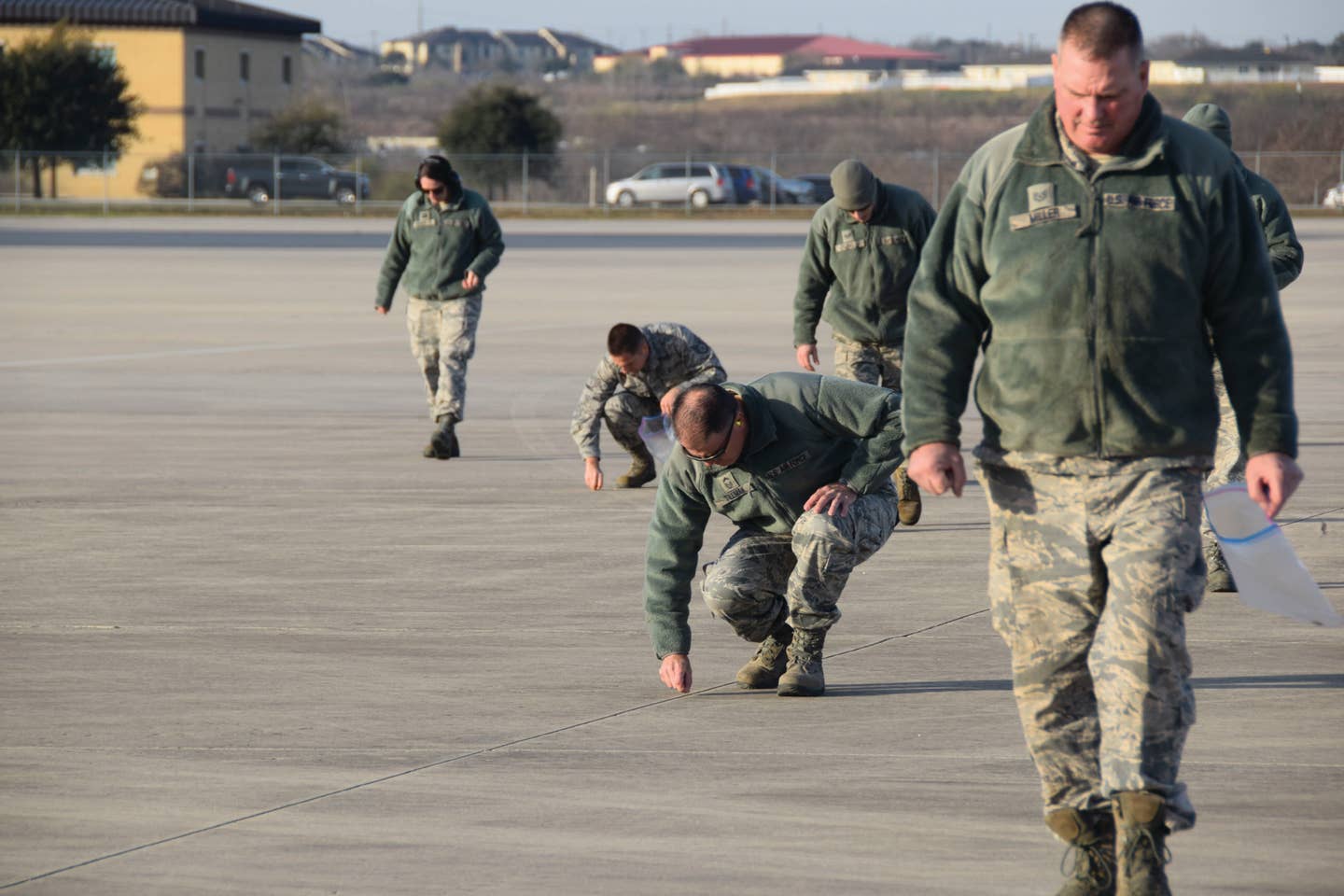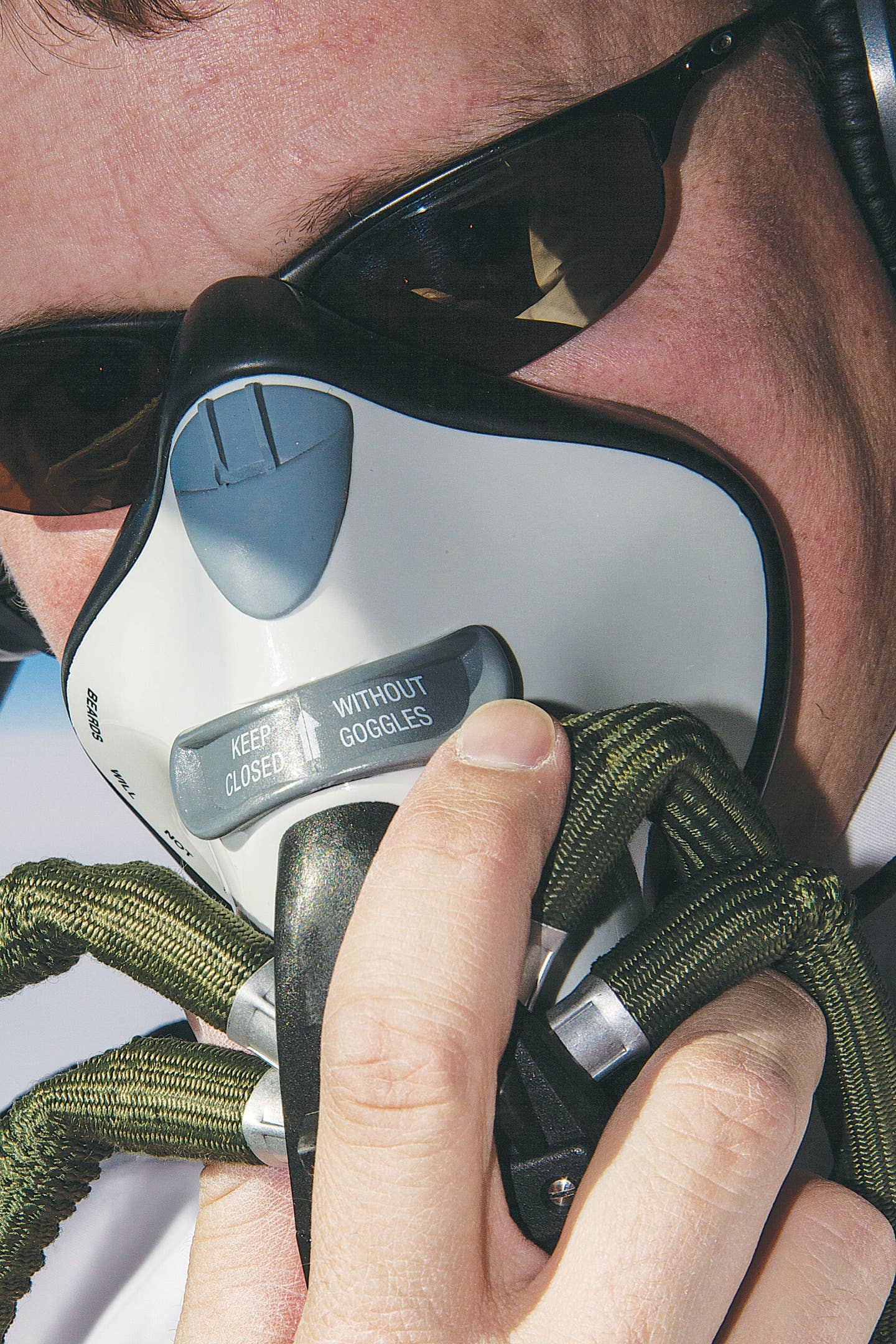
My copilot walked over to the counter top in JFK Operations where I had scattered various segments of the flight plan paperwork. His pace was quick. He introduced himself and apologized for his slight tardiness. He had commuted in from South Carolina to La Guardia and had taken a taxi ride through rush hour traffic over to JFK. We were departing to Zurich, a destination I had never been.
Almost nine months had passed since my last trip across The Pond. I felt a little rusty with the procedures. A proficient copilot would keep me out of trouble. My biggest challenge was to shake off the lethargy of almost a month's vacation. The next challenge, about nine hours away, would be flying the arrival idiosyncrasies into Zurich.
I verbalized these challenges to my copilot, apologizing for the obstacles he faced having to work with me. He nodded with a grin, gave a cursory glance at the paperwork, and then excused himself to make a brief phone call to one of his business partners.
Business partners? That was impressive. As I shuffled the fruits of my labor into an organized pile, I made a mental note to inquire about my copilot's extracurricular activities. It would make interesting conversation. I smiled and gestured my head toward the exit corridor. With the cell phone pasted to his ear, my copilot nodded and trotted behind.
We collected our bags and walked out of Operations toward the elevator. When the elevator doors slid open, we were greeted by our FB, our relief crewmember. He too apologized for his tardiness. He had commuted in from DFW on a day that was wrought with major weather delays. A storm system had been battering the Dallas area like a bad house guest that wouldn't go away. Our FB excused himself and dashed toward Operations to retrieve his flight bag. He promised to be at the airplane in time to complete his duties. I assured him that his haste was unnecessary.
Soon after arriving at the airplane, I assembled our nine flight attendants in the first-class cabin, and completed my standard safety briefing. I rejoined my copilot and the FB in the cockpit and began the process of preparing the airplane for departure.
It was during the course of typical preflight banter that the revelation I had been fostering over the last several years was confirmed. My profession was losing its status as "the day job." And it seemed that my copilot was the poster child for this revelation.
My copilot's other business involved various government contracts managing aircraft operations and flight crews. He and his partners employed 70 people, some of them airline pilots. He offered an example of one pilot who had chosen to simply quit our airline at a relatively young age because the new job held more promise and was more lucrative.
My copilot explained that if it were not for medical benefits and that he stood to lose thousands in retirement funds because he had not reached the eligible age of 50, he would quit also. As it was, he dropped or traded trips until his schedule consisted of only one trip for the month.
Later in the flight, I would discover that my copilot had an artful mastery of schedule manipulation. And I don't mean it in a bad way. If a pilot chooses to exercise his contractual rights in order to reduce his time at work and thus reduce his salary, that's his prerogative. But he did seem to focus much of our non-sterile cockpit time on the task.
As I learned more about my copilot's business endeavor, I nodded with encouragement and approval. But I was finding it difficult to mask another emotion: Disappointment. When had my career turned into a side job?
Sure, over the years airline pilots have been notorious for investing in other businesses and ventures (some with less-than-successful results), but never has there been such a zest to not only supplement the career but to replace it.
Without conducting an official survey, I would guess that 70 percent of my copilots have alternative incomes or are in the developmental stages of an alternative income. On this particular trip even the FB had a part-time occupation. He renovated homes in his spare time.
The National Guard and the Reserves were once a common income supplement, but most active line pilots with military backgrounds have already retired from that opportunity long ago.
Copilots are not the only ones seeking other means to supplement their incomes. Captains are in the game also. One captain friend of mine is using his military background in intelligence gathering as the basis for his business. Another friend is in the preliminary stages of producing an auto-part gadget. And still another acquaintance just plain quit. He was in his early 40s and felt he had more prospects in real estate than as a 767 captain.
Yours truly has had the privilege of writing for this magazine. My yearly contract with Flying won't pay for a yacht in the Caribbean, but it does help to absorb some of the pain my fellow pilots and I felt in the spring of 2003. It doesn't matter. I'm very fortunate. Writing has always been my other passion.
So what are some of the reasons airline pilots are considering other opportunities? I've mentioned some in previous columns. The basic reason is that airline pilots are working more for less. Other careers for the same amount of effort now appear more lucrative.
A copilot I had flown with shortly after the pay cut had taken 45 percent of his salary has now found himself on the road 20 days a month in order to pay his bills. Yes, he commutes, but at least with an equivalent 9-to-5 job he would be home with his family every night.
Other reasons for seeking opportunities outside of the profession include, but are not limited to: elimination of retirement funding; increased cost of benefits; erosion of benefits; the ineffective hassle of security procedures for flight crews; the threat of terrorism; the threat of termination for politically incorrect workplace conversation; and last, but not least, airline managements that accept little-to-no responsibility for bad decisions but accept disproportionate rewards in the form of bonuses regardless of employee sacrifices. In other words … a lot of the fun has left the building.
My airline's furloughed pilots may be a sign of the times. As of this writing, approximately 750 of the almost 3,000 that were furloughed have been given a recall opportunity. Roughly half have accepted a return to work. A few pilots are on military leave, but many have chosen to just defer their recall.
Whatever the reasons, some of us are losing focus on our airline careers. Granted, the distractions of family-and life in general-have always been present. But we may be trying to multitask when our concentration requires our attention to the business at hand. And the business at hand is flying airplanes safely.
By no means am I condemning those of us who have chosen to find financial security elsewhere. I am as guilty as the next pilot. But what personal parameter do we use to determine that our distractions are detrimental to the flying public? Fortunately, most pilots flying for long-established major airlines have been professional aviators for a good portion of their adult life. Climbing back into a cockpit, even after a long hiatus, is like getting back on a bicycle. Still, there has to be a point where every flight becomes a catch-up game in proficiency. Where does a pilot draw the line?
Those of us that still enjoy the business of flying airplanes will stay in the cockpit regardless. Until the career returns to a level with salaries equivalent to other professions that command such responsibility, many pilots will pursue alternative financial avenues. The airline pilot profession will become a part-time job for some and will cease to exist for others.
Lighter Side of the Good Ol' Days
Shifting gears for a moment, I had the opportunity to read retired TWA Captain Dave Gwinn's Airways and Airwaves: Stories I Tell to Friends. The book is an ensemble of humorous airline tales that Dave experienced, participated in or just plain heard about from colleagues.
Among many of Dave's former talents within the airline industry, he is known for his expertise on weather radar. He conducted various speaking engagements on the subject, interjecting his special brand of airline humor.
If you enjoy light reading and laughing out loud, give Airways and Airwaves a try. The book is a great representation of a more relaxed airline industry back in the days when many of us had only one job and we always looked forward to putting on the uniform.
For information on how to order the book, visit Dave Gwinn's website at dave-gwinn.com. Dave is also available for speaking engagements, Bar Mitzvahs and weddings.

Sign-up for newsletters & special offers!
Get the latest FLYING stories & special offers delivered directly to your inbox






